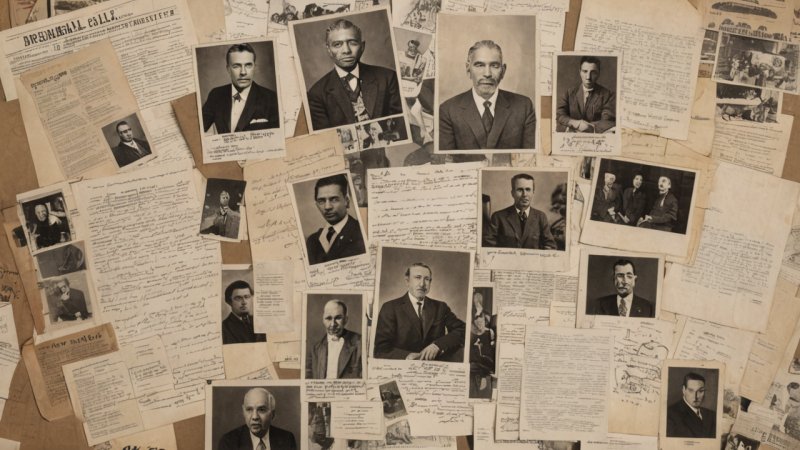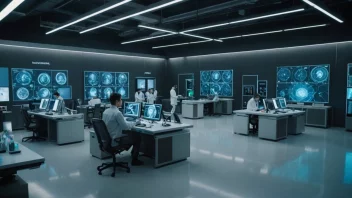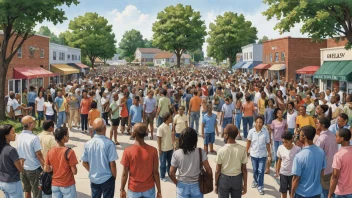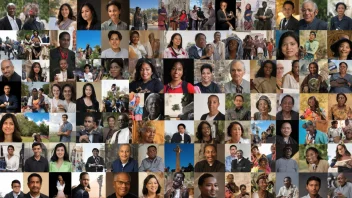Historical research plays a crucial role in shaping our understanding of contemporary issues, providing context and insights that inform present-day decisions. By examining past events, societal trends, and cultural shifts, we can better navigate the complexities of modern life. Here are five key ways in which historical research contributes to our understanding of today’s challenges and opportunities.
1. Contextualizing Current Events
One of the primary benefits of historical research is its ability to provide context for current events. Understanding the historical background of a situation can illuminate why it is happening and how it may evolve. For instance, analyzing the historical roots of political conflicts can help us grasp the underlying tensions that persist today. Moreover, historical research can reveal patterns in societal behavior, allowing us to anticipate future developments based on past occurrences.
2. Informing Policy Decisions
Policymakers often turn to historical research to guide their decisions. By examining previous policies and their outcomes, lawmakers can identify successful strategies and avoid past mistakes. For example, studying the effects of economic policies during the Great Depression can provide valuable lessons for addressing modern economic crises. Historical case studies offer a wealth of data that can help shape effective and informed policy responses.
3. Understanding Cultural Dynamics
Historical research sheds light on the evolution of cultural dynamics, including social norms, values, and institutions. By exploring the history of movements such as civil rights or feminism, researchers can better understand the struggles and triumphs that have shaped contemporary society. This understanding fosters empathy and encourages dialogue about ongoing issues, such as inequality and social justice. Furthermore, it highlights the importance of cultural heritage and identity in shaping collective experiences.
4. Enhancing Critical Thinking Skills
Engaging with historical research cultivates critical thinking skills essential for navigating today’s complex world. Analyzing diverse sources, interpreting evidence, and evaluating differing perspectives are all integral to historical inquiry. These skills are transferable and can be applied to contemporary issues, enabling individuals to assess information critically and make informed decisions. By fostering a nuanced understanding of history, we empower ourselves to challenge assumptions and think independently.
5. Bridging Generational Gaps
Historical research can also play a vital role in bridging generational gaps. By studying the experiences of previous generations, younger individuals can gain insights into the challenges faced by their predecessors. This connection fosters a sense of continuity and shared identity, helping to create a more cohesive society. Additionally, it encourages intergenerational dialogue, allowing for the exchange of ideas and perspectives that enrich our understanding of both past and present.
In conclusion, the significance of historical research in understanding contemporary issues cannot be overstated. By providing context for current events, informing policy decisions, enhancing cultural understanding, developing critical thinking skills, and bridging generational gaps, historical research equips us with the tools to navigate the complexities of modern life. As we continue to confront challenges in various spheres, the lessons of the past remain invaluable in guiding our way forward.






